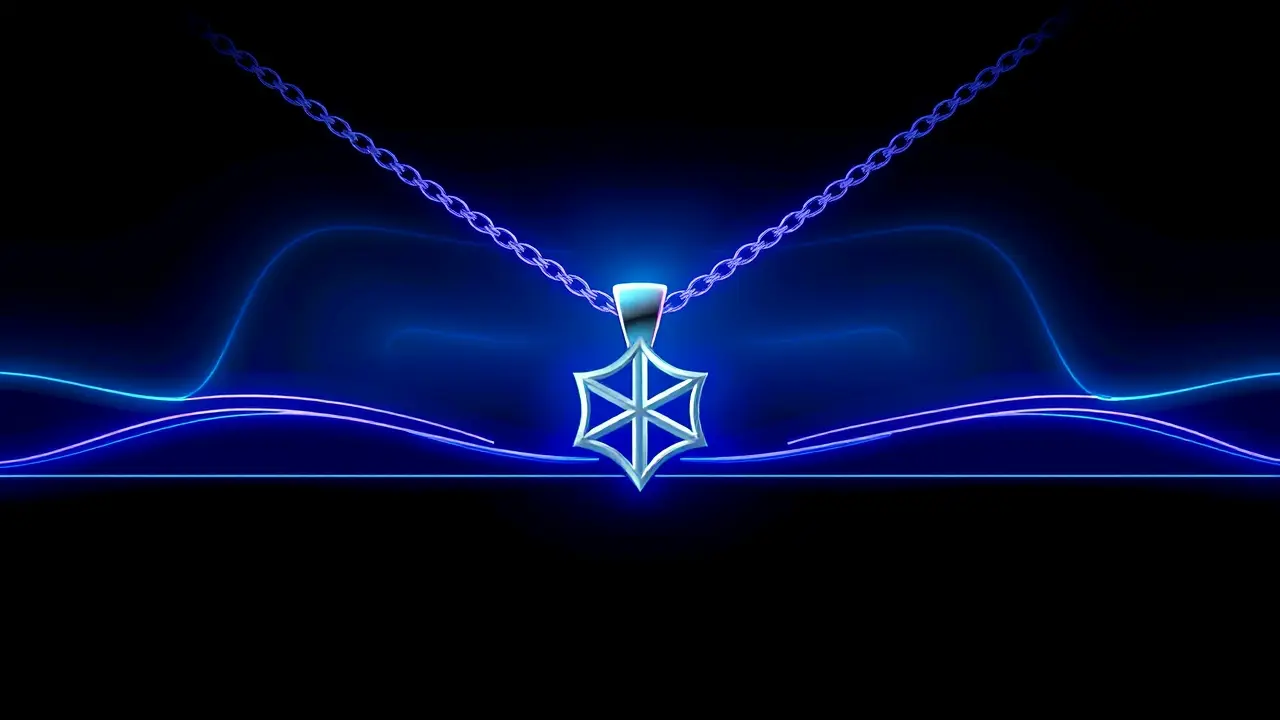
Politicsgovernments & cabinetsGovernment Formations
Keir Starmer keeps Trumps’ silver necklace gift – for a price
RO
Robert Hayes
3 days ago7 min read
In a move that speaks volumes about the intricate protocols and unspoken negotiations of international diplomacy, Prime Minister Keir Starmer has opted to personally pay the Cabinet Office to retain a personalised silver necklace bestowed upon him by former US President Donald Trump and Melania Trump during their historic second state visit in September, a decision revealed through recently published transparency records. This seemingly minor administrative action—the Prime Minister choosing to keep the necklace while forgoing other gifts like cufflinks and a golf club—opens a fascinating window into the complex dance of statecraft, where every gesture, including the acceptance and retention of a gift, is laden with political subtext and historical precedent.The practice of world leaders exchanging presents is a tradition as old as diplomacy itself, a ritualized performance of goodwill that often masks underlying tensions or seeks to cement fragile alliances; from the infamous gift of a dog named Pushinka from Soviet Premier Nikita Khrushchev to President John F. Kennedy during the Cold War, a living symbol amidst nuclear brinkmanship, to the more contemporary and controversial exchanges between global powers, these items become artifacts of their geopolitical moment.For Starmer, a leader who has meticulously cultivated an image of probity and fiscal responsibility, the decision to pay out-of-pocket rather than have the state absorb the cost is a masterclass in political signalling, a deliberate act to insulate himself from potential accusations of profiting from his office or appearing overly chummy with the controversial former president, whose political shadow still looms large over both American and British politics. This is not merely about a piece of jewellery; it is a calculated manoeuvre in the theatre of global relations, a subtle message to both domestic constituents and international observers that while diplomatic channels remain open and cordial, there is a clear line between official duty and personal enrichment.The choice of the necklace over the other items is particularly telling; cufflinks, often monogrammed, are intimate accessories, while a golf club membership carries the baggage of Trump's very public and frequent leisure activities, associations a Labour Prime Minister might be keen to avoid. The necklace, perhaps perceived as a more neutral, ceremonial object, could be retained with less political friction.Analysts who study the semiotics of diplomatic gifting would note that the value and nature of the gift are less important than the narrative constructed around its acceptance or refusal. By transparently disclosing the payment, the Starmer administration effectively controls that narrative, framing the act as one of compliance and integrity rather than indulgence.This stands in stark contrast to the opacity that has sometimes surrounded such exchanges in the past, where valuable gifts could disappear into private collections without public knowledge. The broader context here is the delicate and perpetually evolving UK-US 'special relationship,' a partnership that has weathered numerous transitions of power and must now navigate the possibility of a second Trump administration.Starmer's handling of this gift is a microcosm of his government's broader challenge: to engage pragmatically with a potential future American leader while maintaining a distinct political identity and upholding the standards of transparency his party was elected on. The consequences of such a small act are multifaceted, reinforcing a narrative of ethical governance at home while sending a carefully calibrated signal abroad that Britain will engage with all partners, but strictly on its own terms. In the grand ledger of international affairs, where trillion-dollar trade deals and mutual defence pacts are negotiated, a single silver necklace might seem insignificant, but as this episode demonstrates, it is in these minute details that the true character of a diplomatic relationship—and the strategic acumen of its leaders—is often most revealingly inscribed.
#lead focus news
#Keir Starmer
#Donald Trump
#gift
#transparency
#necklace
#cabinet office
Stay Informed. Act Smarter.
Get weekly highlights, major headlines, and expert insights — then put your knowledge to work in our live prediction markets.
© 2025 Outpoll Service LTD. All rights reserved.